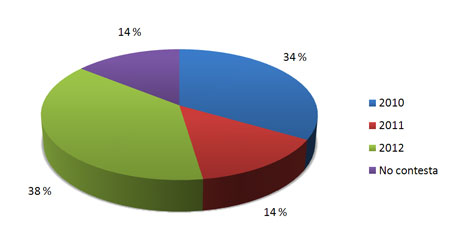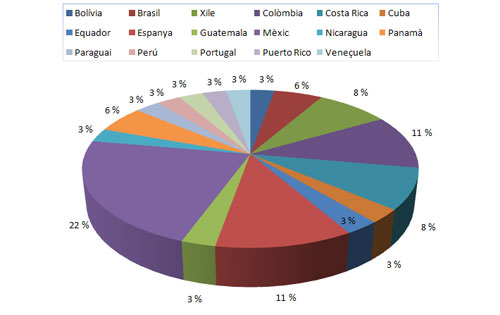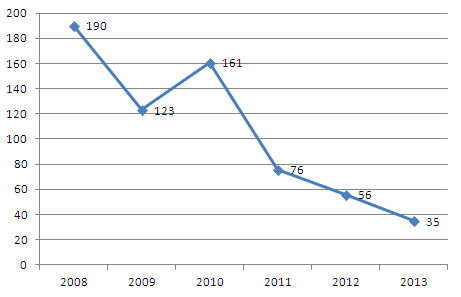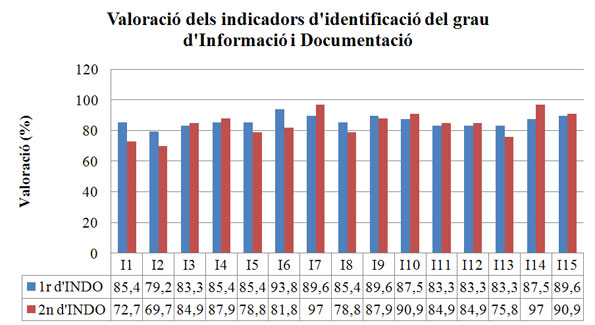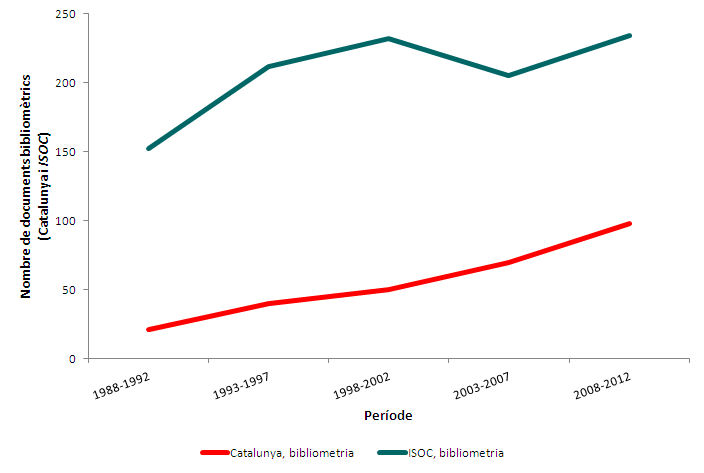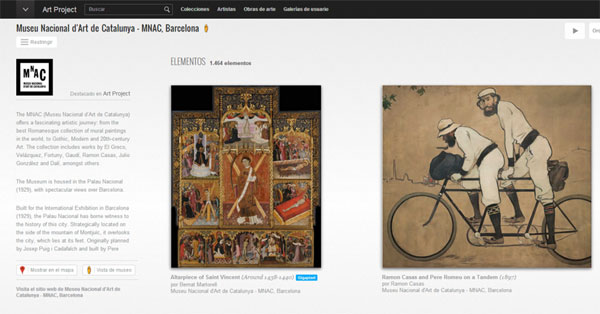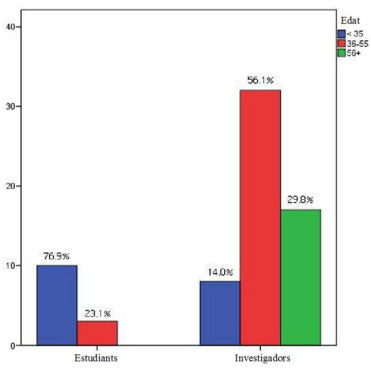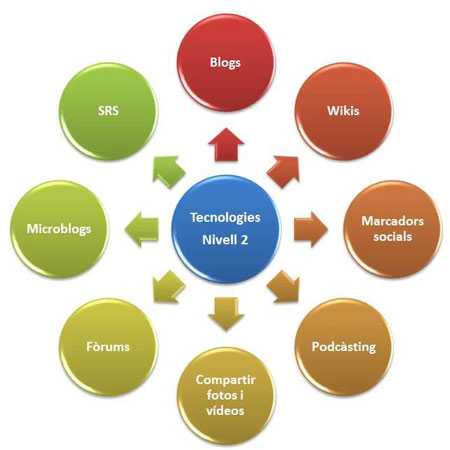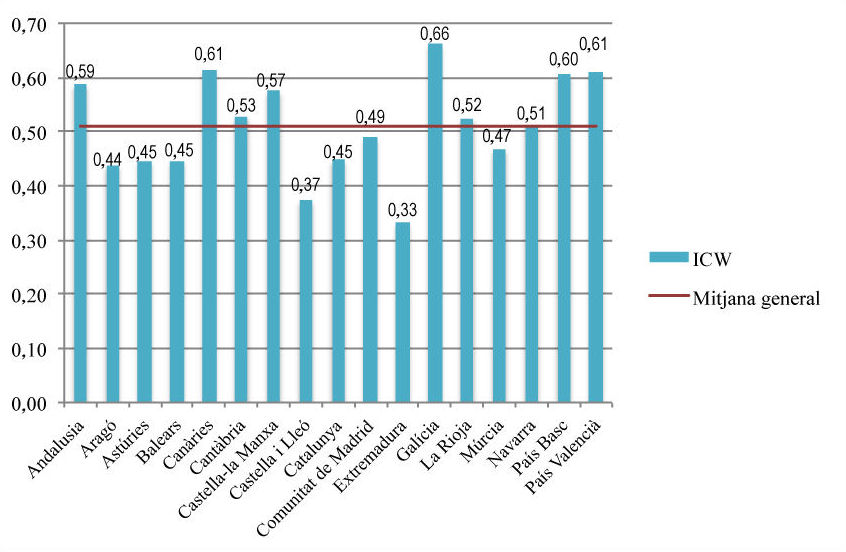La inserció professional dels graduats en Informació i Documentació: el cas de la Universidad de Salamanca
Objectius: analitzar la inserció laboral dels titulats en el grau d’Informació i Documentació de la Universidad de Salamanca.
Metodologia: anàlisi de tipus quantitativa duta a terme mitjançant un qüestionari remès en format web a les promocions de titulats entre 2009 i 2012. El qüestionari consta de preguntes tancades de resposta suggerida i de valoració, i d’una pregunta oberta.
Resultats: les dades obtingudes posen de manifest el perfil predominantment femení i vocacional de la professió, la valoració positiva dels coneixements adquirits durant la formació universitària, l’execució de tasques professionals que requereixen un nivell d’especialització en ser, majoritàriament, de tipus tècnic, i un alt grau d’inserció laboral. No obstant això, es constaten també certs canvis com ara la tendència dels titulats a trobar feina en l’àmbit privat, l’ús d’Internet com a eina per obtenir un lloc de treball i la necessitat d’adquirir destreses relacionades amb les noves àrees com ara la planificació i la gestió de projectes de diversa índole. — Objective: This paper analyses the employability of graduates in the bachelor’s degree in Information and Documentation of the University of Salamanca.
Methodology: A questionnaire consisting of closed-ended questions (suggested response, evaluation) and one open-ended question was administered in web format to the graduate students who had completed the degree in the period 2009-2012.
Results: Information and documentation graduates from the university in question were most commonly women whose motivation to become professionals was vocational. The respondents’ evaluation of the knowledge acquired during their degree was positive. The professional tasks they engaged in most were technically complex tasks requiring a level of expertise, and the majority of the respondents were employed. In what appears to be a new trend, in certain cases respondents had found employment in the private sector. An increase was also observed in the use of the Internet to obtain a professional position and in respondents’ professional interest in acquiring project planning and management skills in information and documentation.

